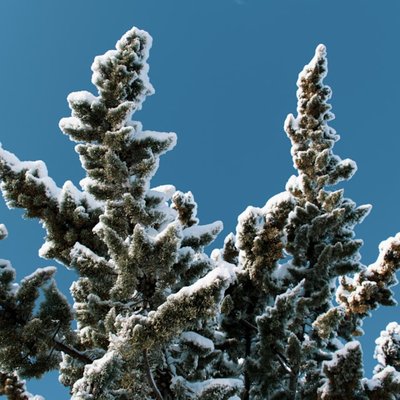Possible Results:
USAGE NOTE
The plural of “buffalo” can be “buffalo, "buffalos,” or “buffaloes.”
buffalo(
buh
-
fuh
-
lo
)A noun is a word referring to a person, animal, place, thing, feeling, or idea (e.g., man, dog, house).
1. (wild ox)
a. el búfalo (M)
(m) means that a noun is masculine. Spanish nouns have a gender, which is either feminine (like la mujer or la luna) or masculine (like el hombre or el sol).
Curved horns are a distinguishing feature across various species of buffalo.Los cuernos curvados son uno de los rasgos distintivos en varias especies de búfalo.
2. (bison)
(m) means that a noun is masculine. Spanish nouns have a gender, which is either feminine (like la mujer or la luna) or masculine (like el hombre or el sol).
The buffalo almost became extinct in the United States.El bisonte casi se extinguió en los Estados Unidos.
b. el búfalo (M) (colloquial)
(m) means that a noun is masculine. Spanish nouns have a gender, which is either feminine (like la mujer or la luna) or masculine (like el hombre or el sol).
A word or phrase that is commonly used in conversational speech (e.g., skinny, grandma).
The American buffalo is the largest terrestrial animal in North America.El búfalo americano es el animal terrestre más grande de América del Norte.
A transitive verb is a verb that requires a direct object (e.g., I bought a book.).
3. (colloquial) (to intimidate) (United States)
A word or phrase that is commonly used in conversational speech (e.g., skinny, grandma).
Regionalism used in the United States
a. intimidar
They threatened all those who opposed their plans, trying to buffalo them.Amenazaron a todos aquellos que se oponían a sus planes tratando de intimidarlos.
b. sobrecoger
We were buffaloed by the sheer hatred and violence contained in the orator's words.Estábamos sobrecogidos ante la violencia y el odio abrumadores que encerraban las palabras del orador.
4. (colloquial) (to puzzle) (United States)
A word or phrase that is commonly used in conversational speech (e.g., skinny, grandma).
Regionalism used in the United States
a. desconcertar
His words buffaloed me. I couldn't stop wondering why my father would have said that.Sus palabras me desconcertaron. No podía dejar de preguntarme por qué mi padre habría dicho eso.
b. confundir
The findings of the experiment buffaloed researchers, who had anticipated something totally different.Los resultados del experimento confundieron a los investigadores, que habían previsto algo totalmente distinto.
Examples
Phrases
Conjugations
Other Dictionaries
Explore the meaning of buffalo in our family of products.
Random Word
Roll the dice and learn a new word now!
Want to Learn Spanish?
Spanish learning for everyone. For free.























